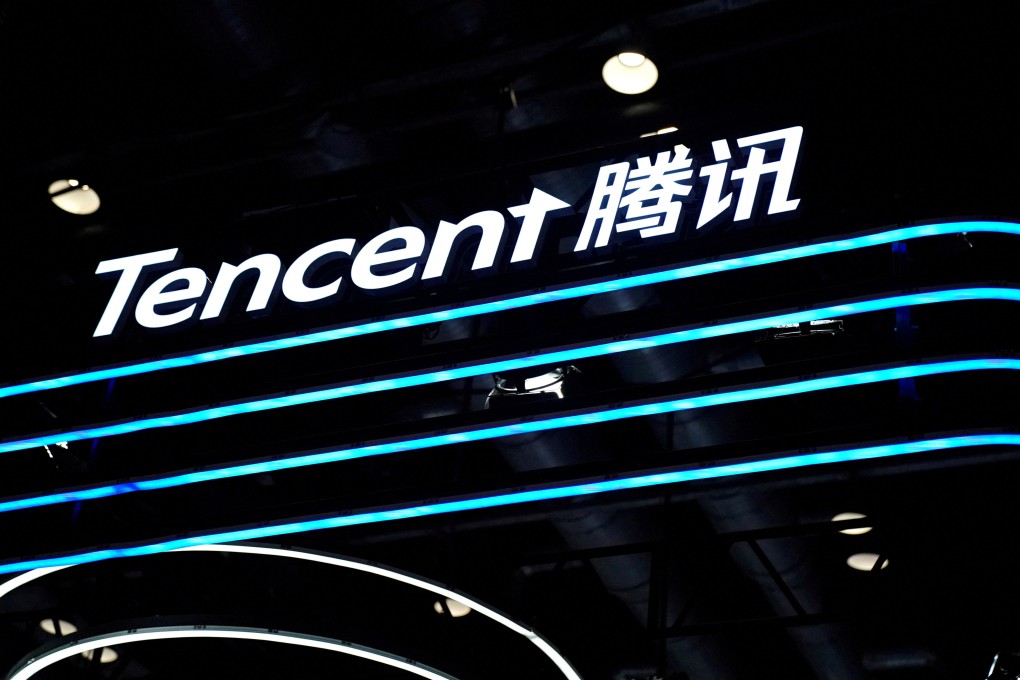Tencent beats fourth-quarter profit estimates, as president Martin Lau Chi-ping leaves board
- The Hong Kong-listed company’s profit for the three months to the end of December was up 12 per cent from 94.9 billion yuan in the same period in 2021
- For the full year, Tencent reported a net profit of 188.2 billion yuan, down 16 per cent compared to the previous year, but it still beats estimates

Tencent Holdings reported a better-than-expected net income of 106.3 billion yuan (US$15.4 billion) in the fourth quarter of 2022, helped by months of rigorous cost-saving measures, as company president Martin Lau Chi-ping is set to rotate off the board.
The Hong Kong-listed company’s profit for the three months to the end of December was up 12 per cent from 94.9 billion yuan in the same period the previous year, boosted by a one-off gain of 106.6 billion yuan from its disposal of stakes in Meituan. It beat the average estimates of 27.6 billion yuan.
Revenue reached 145 billion yuan, up 1 per cent compared to 144 billion yuan in the same period in 2021, and roughly in line with a consensus estimate for 144.5 billion yuan, according to Bloomberg data.
For the full year, Tencent reported a net profit of 188.2 billion yuan, down 16 per cent compared to the previous year, but higher than estimates of 113.7 billion yuan. Total revenue dropped 1 per cent to 554.6 billion yuan, marking the company’s first ever annual revenue decline. It was slightly better than the market estimates of 554.2 billion yuan by analysts polled by Bloomberg.

Tencent also announced on Wednesday that Lau, 49, will step down from the board while remaining as company president and chairman of its investment committee to “further segregate the responsibilities of the board”.